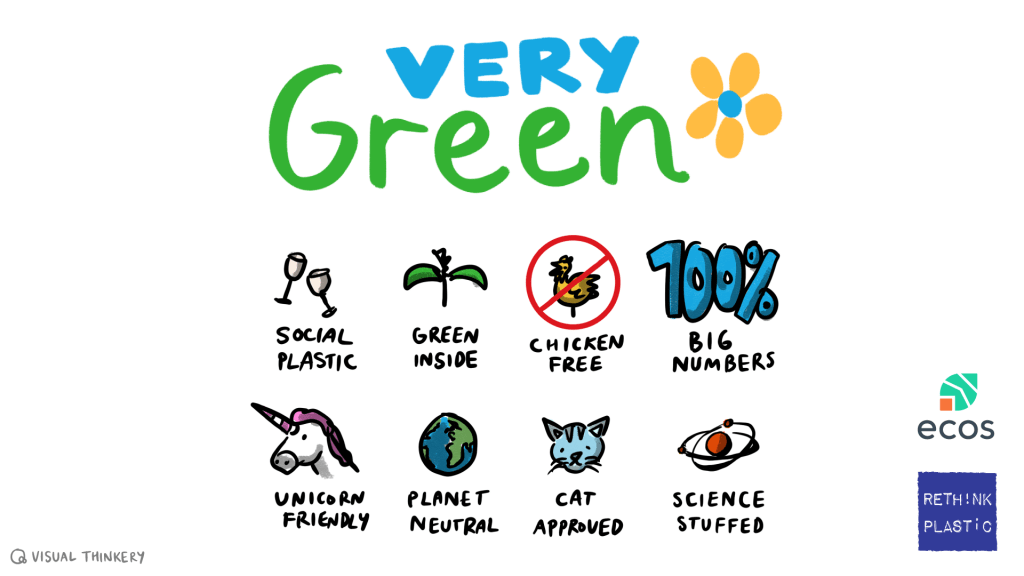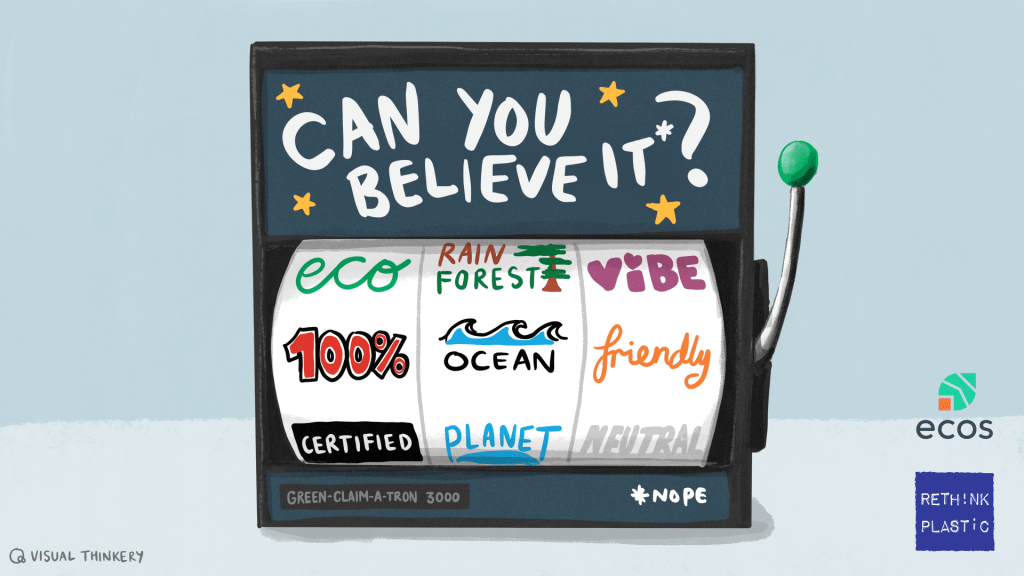19 November 2020 Brussels
While this pollution is claimed to be under control all along the supply chain, Surfrider Foundation Europe, on behalf of the Rethink Plastic alliance and other leading NGOs, today prove that this is not the reality. In their latest report: “Plastic giants polluting through the backdoor” they highlight 5 recent cases of pellet (nurdle) leakage across Europe. As part of the EU’s commitments under the new Circular Economy Action Plan, and the Commissions commitments to come up with a zero-pollution strategy next year, they are calling on the European Commission to adopt ambitious legal measures to tackle pellet pollution once and for all.
To date, pellet pollution has not been regulated by EU decision makers, while the voluntary industry initiative (Operation Clean Sweep) has proven to be unable to stop the pollution in nearly 30 years of volunteer action. Yet, pellet pollution is the second most significant primary source of microplastic pollution in our Ocean.
Through the presentation of five case studies across Europe, this report exposes the consequences of plastic production related pollution on the environment and on local communities, detailing the reactions of citizens and local associations to the pollution, and the responses of the companies responsible. These case studies finally allow the alliance to draw a series of conclusions which all plead for urgent, legal measures to be adopted.
“What the case studies show is that pellet pollution continues to be out of control today, despite repeated declarations from the plastics giants that everything is going in the right direction. Plastic pollution continues to occur on a large scale with dramatic impacts on nature and our Ocean. Meanwhile, local communities are left to deal with the pollution. It’s time for the EU to adopt legal measures to hold companies accountable”, explains Gaëlle Haut, EU affairs officer at Surfrider Europe.
Up to 160 000 tonnes of nurdles are lost every year in Europe. Plastic pellets, also called nurdles or mermaid tears, are a raw material used in the manufacturing of plastic items. They are the virgin plastic that is melted and molded into plastic items. Pellets end up in nature when handled irresponsibly by plastic producers, transporters, recyclers or converters.
Pellets accumulate in the sea, in surface waters and rivers and near industrial sites or ports. Pollution has been going on for decades. Plastic pellets have many impacts on marine ecosystems. They cause severe damage to marine life and threaten terrestrial animals; because of their colour and shape, they are often mistaken for food by marine animals and birds, and, once ingested, they get stuck in the animal’s stomach, causing starvation and death.
Once released into the environment, pellets, which already contain harmful additives, also attract and absorb toxic particles and bacteria which are present in the water. This harmful cocktail can then enter the food chain, and reach our bodies, through the fish and seafood we eat.
Pellet pollution also impacts recreational activities (such as water sports), deteriorates habitats and affects tourist activities. In almost all cases of pollution, local communities are left to deal with the pollution, without any responsibility being established.
Clearer responsibility and accountability are needed to prevent pellet pollution. Surfrider Foundation Europe and its partners from the Rethink Plastic alliance call on the European Commission to adopt measures to prevent plastic pellets from polluting our Ocean and compel companies to act. Pellet pollution adds to the estimated 12 million tonnes of plastics that end up in the Ocean every year. With plastic production projected to double by 2035 and to almost quadruple by 2050, it is urgent that the plastic production and transformation chain’s contribution to the plastic crisis is recognised and addressed.
ENDS
Contact: Gaëlle Haut, EU affairs officer, Surfrider Foundation Europe, + 32 (0)4 87/16 94 53 & [email protected]
Plastic giants polluting through the backdoor : the case for a regulatory supply-chain approach to pellet pollution, Surfrider Foundation Europe, Rethink Plastic alliance, November 2020: https://rethinkplasticalliance.eu/wp-content/uploads/2020/11/plastic_giants_polluting_through_the_backdoor.pdf
About the Rethink Plastic alliance
Rethink Plastic, part of the Break Free From Plastic movement, is an alliance of leading European NGOs working towards ambitious EU policies on plastics. It brings together the Center for International Environmental Law (CIEL), ClientEarth, Environmental Investigation Agency (EIA), European Environmental Bureau (EEB), European Environmental Citizen’s Organisation for Standardisation (ECOS), Greenpeace , Seas At Risk, Surfrider Foundation Europe, and Zero Waste Europe. Together they represent thousands of active groups, supporters and citizens in every EU Member State working towards a future free from plastic pollution.
About Surfrider Foundation Europe
Surfrider Foundation Europe is a European not-for-profit organisation dedicated to the protection and enhancement of Europe’s lakes, rivers, ocean, waves and the coastline. It currently has over 13,000 members and is active across 12 countries through its volunteer-run branches. For 30 years, Surfrider Foundation Europe has been taking action as a recognized authority in 3 areas of expertise: marine litter, water quality and health, coastal management and climate change. More info: www.surfrider.eu


